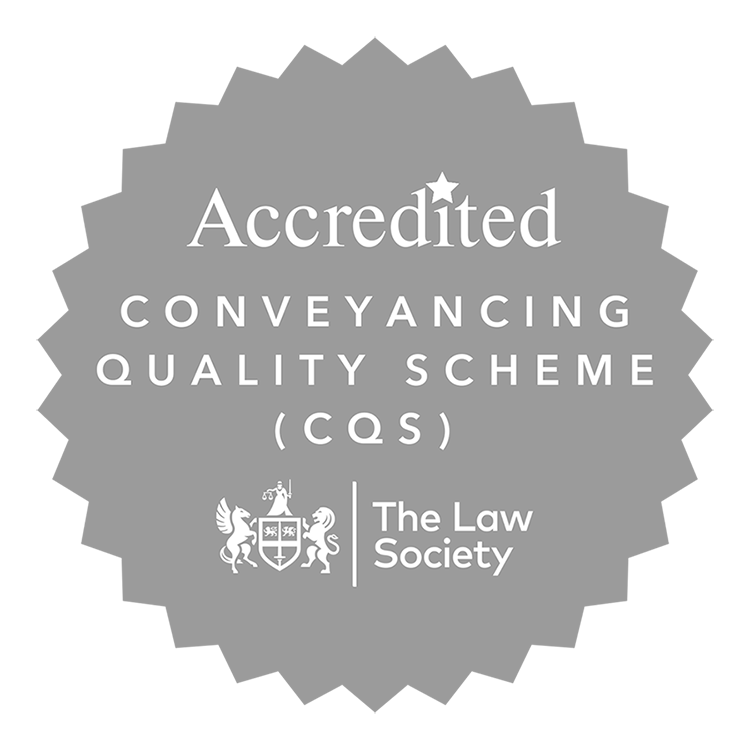A high-net-worth divorce is the legal process of ending a marriage where substantial financial assets and resources are involved. It typically involves couples with a significant combined net worth, which may include properties, investments, businesses, luxury assets, and high-value pensions.
These divorces often require specialised legal and financial expertise to navigate complex financial arrangements, property divisions, spousal maintenance, and child support matters. High net worth divorces commonly involve meticulous asset valuation and negotiations to reach a settlement or may proceed to court litigation if agreement cannot be reached.
At SMR, our high net worth divorce lawyers provide expert legal guidance and representation to clients navigating complex financial matters. Our solicitors have in-depth knowledge of family law and extensive experience in handling high-value assets, investments, and businesses.
We assist in valuing assets, including properties and pensions, and work to achieve a fair and equitable division of marital assets. Our divorce solicitors also help negotiate prenuptial and postnuptial agreements, spousal and child support arrangements, and handle any disputes that may arise during the divorce process.
Our expertise ensures that our clients' financial interests are protected and that you will receive a favourable outcome in a high net worth divorce case.
Your local high net worth divorce solicitors at SMR can assist with services, including:
- Arrangements for the family home
- The division of pension funds
- The division of savings and investments
- How business interests are valued
- International assets
- Child maintenance
- Spousal maintenance
Our professional and diligent high net worth divorce solicitors will work with you to ensure you receive the best possible outcome from your divorce. We will ensure that you have a clear understanding of the process and answer all of your questions throughout.
We help clients across the whole of West Sussex, providing a flexible service so that you can deal with us in the way that best suits you, such as meeting face-to-face, speaking via video link or by telephone or email.
Speak to our high net worth divorce solicitors in West Sussex
To discuss your requirements and find out how we can help, please get in touch to speak to one of our expert divorce lawyers in Chichester, East Wittering, Selsey or Bognor Regis.
BOGNOR REGIS CHICHESTER EAST WITTERING SELSEY
Our divorce solicitors’ fees
At SMR Solicitors, we offer a free 20-minute consultation with one of our family law experts to discuss your situation.
We want our divorce pricing to be fair and transparent, so we will give a realistic estimate of costs at the outset, including both our fees and all third-party costs, such as court fees.
We will be happy to discuss our fees with you, so please get in touch to learn more.
High net worth divorce explained
What is considered a high net worth divorce?
A high net worth divorce refers to a marital dissolution involving couples with substantial financial assets and wealth.
While there is no specific threshold, it typically involves individuals with a combined net worth exceeding several million pounds.
High-value assets may include properties, investments, businesses, valuable possessions, and significant pension funds. Income and earning capacity can also play a significant role.
The complexity of financial matters and the potential for disputes regarding asset division, spousal maintenance, and child support make HNW divorces distinct.
Such cases often require specialised legal and financial expertise to navigate the complexities involved.
Do you have to declare all assets in a divorce?
It is essential to declare all assets during a divorce. Both parties are legally obligated to provide full and honest disclosure of their financial circumstances, including all assets, income, and liabilities.
This requirement aims to ensure transparency and fairness in the division of assets and the determination of financial settlements.
Failing to disclose assets can have serious consequences, including potential penalties, the reopening of high net worth divorce settlements, and damage to one's credibility before the court.
It is crucial to work with legal professionals who can guide you through the process of asset disclosure to ensure compliance with the legal requirements.
Who gets the business in a divorce?
The division of a business in a divorce depends on various factors, such as the specific circumstances of the case and the applicable laws. The court's primary goal is to achieve a fair and equitable distribution of marital assets.
When it comes to a business, several factors are considered, including the contributions of each spouse, the source of funds used to establish or grow the business, and the needs of both parties.
The court may order a variety of solutions, such as selling the business and dividing the proceeds, awarding one spouse full ownership while compensating the other, or sharing the business through continued joint ownership or other arrangements.
Each case is unique, and outcomes can vary based on the specific details presented before the court.
Consulting with a divorce solicitor is crucial to understanding the potential outcomes and advocating for one's interests in a business division.
What is the penalty for hiding assets in a divorce in the UK?
Hiding assets in a divorce in the UK is considered a serious offense and can lead to severe consequences.
The court expects full and honest disclosure of financial information from both parties. If someone is found to have intentionally concealed assets, the court has the authority to impose penalties.
These penalties may include financial sanctions, such as ordering the non-disclosing party to pay a higher settlement or legal costs.
In extreme cases, the court can also set aside previous financial orders or agreements and reopen the settlement.
The credibility and reputation of the party hiding assets can also be adversely affected, potentially leading to a less favourable outcome in the divorce proceedings.
How do I avoid financial ruin in a divorce?
To avoid financial ruin in a divorce, there are several important steps you can take:
- Seek professional advice: Consult with an experienced divorce solicitor who specialises in high-net-worth individual’s cases.
- Gather financial records: Collect all relevant financial documents, including bank statements, tax returns, property deeds, investment portfolios, and business records. This will ensure accurate disclosure of assets and prevent any surprises during the proceedings.
- Consider mediation or collaborative law: Explore alternative dispute resolution methods like mediation or collaborative law, which promote negotiation and cooperation rather than litigation. This can lead to more cost-effective and amicable outcomes.
- Create a comprehensive financial plan: Work with a financial advisor to assess your current financial situation, create a budget, and plan for the future. This includes considering long-term financial goals, such as retirement planning and asset protection.
- Protect your credit: Close joint accounts or ensure that they are properly managed to avoid any negative impact on your credit. Establish individual accounts and monitor your credit report regularly.
- Secure professional valuations: Obtain accurate and independent valuations of assets, especially for complex assets like businesses or real estate. This helps ensure fair distribution and prevent undervaluation.
- Update your will and estate plan: Review and revise your will, beneficiaries, and estate plan to reflect your new circumstances and protect your assets.
Remember, every divorce case is unique, so seeking personalised legal and financial advice is crucial to protect your interests and minimise the risk of financial ruin.
Can my ex claim part of my inheritance?
The treatment of inheritance in a divorce depends on various factors. While there is no automatic entitlement for an ex-spouse to claim part of an inheritance, it is not entirely exempt from consideration.
The court has discretionary powers to evaluate the overall financial circumstances, including inheritances received, and make fair and equitable decisions.
Factors such as the timing and nature of the inheritance, its involvement with other marital assets, and the financial needs of both parties are taken into account.
Consulting with a divorce solicitor can provide personalised advice based on your specific situation and help protect your inheritance during divorce proceedings.
Speak to our high net worth divorce solicitors in West Sussex
To discuss your requirements and find out how we can help, please get in touch to speak to one of our expert divorce lawyers in Chichester, East Wittering, Selsey or Bognor Regis.




